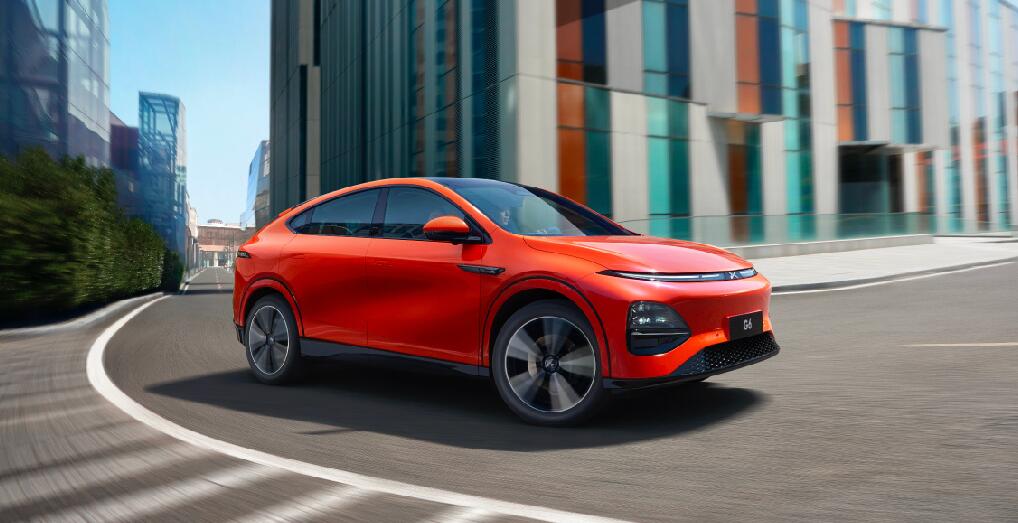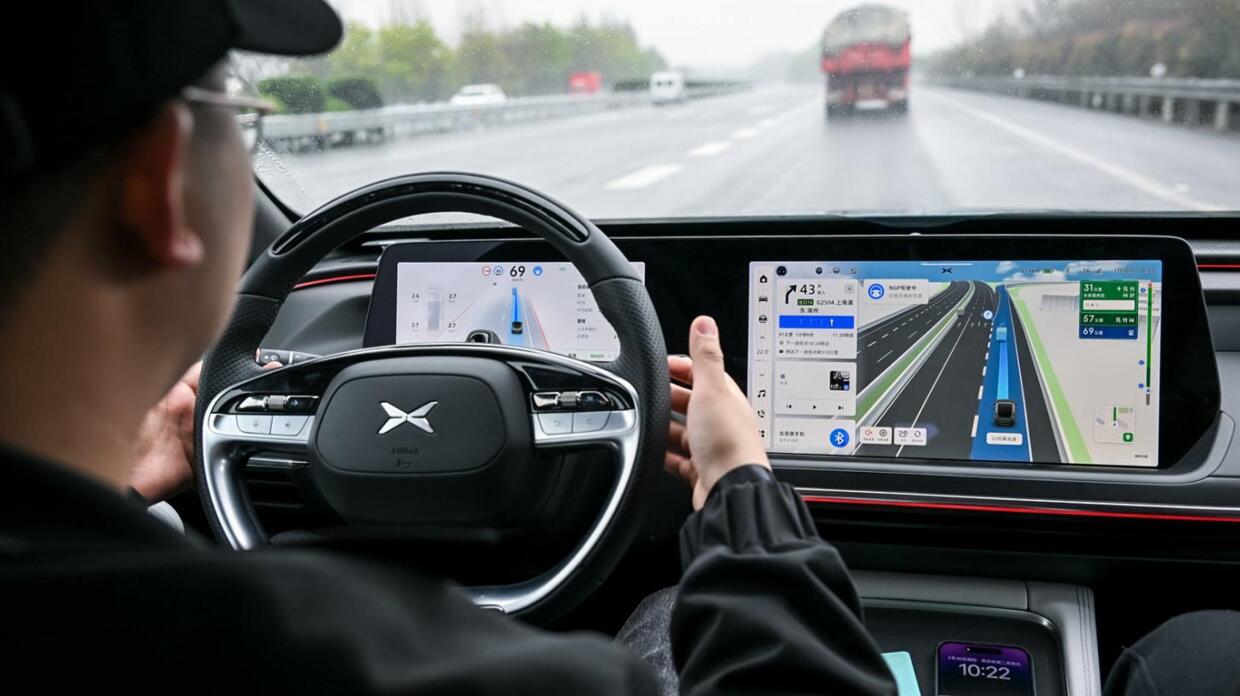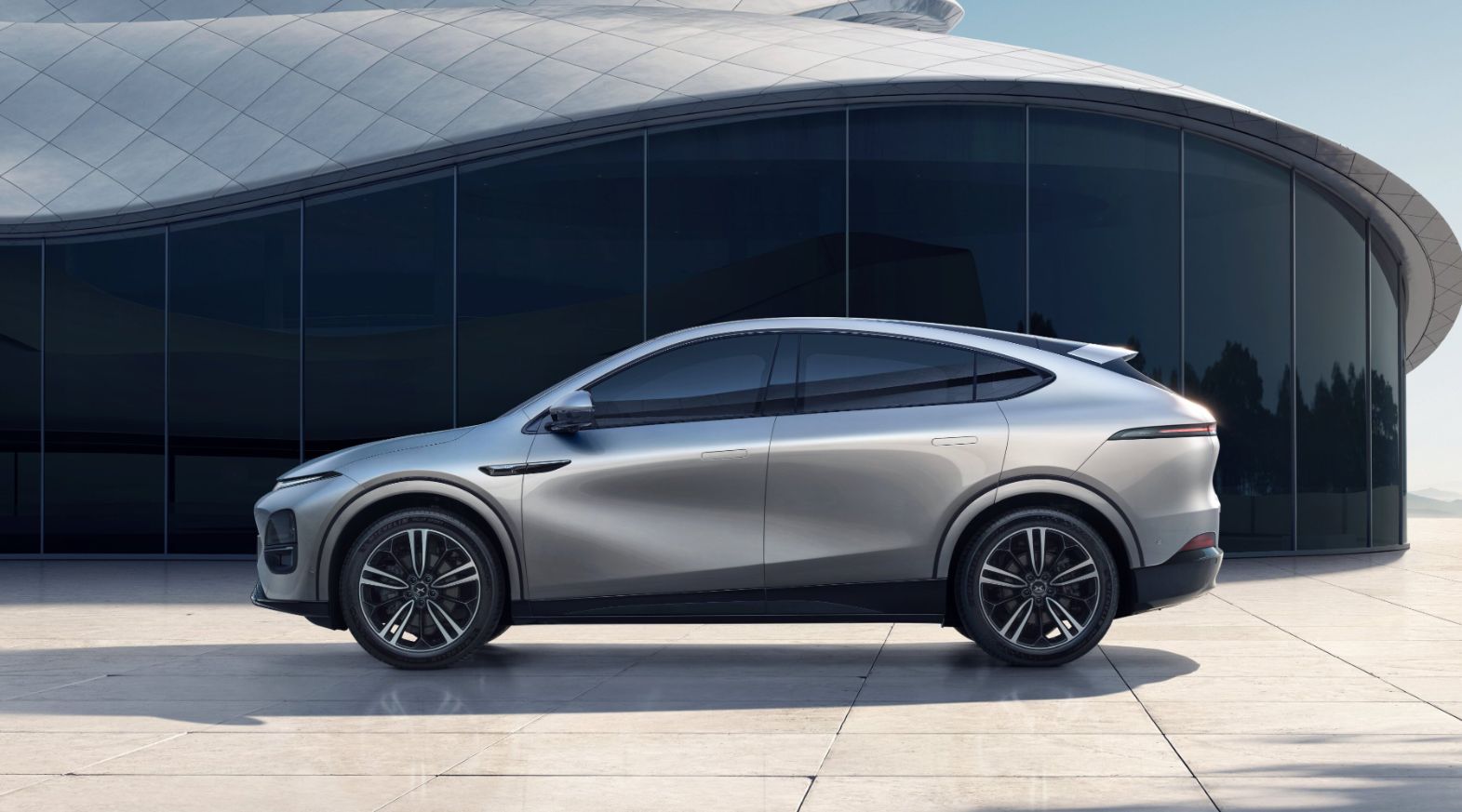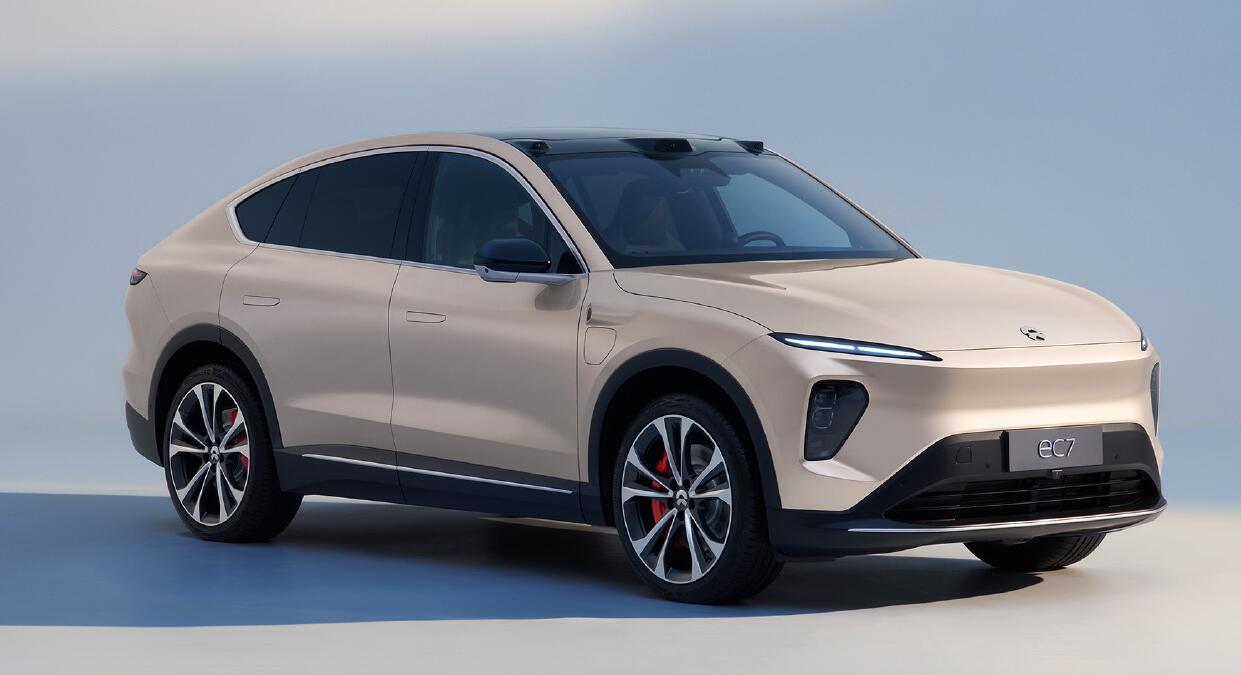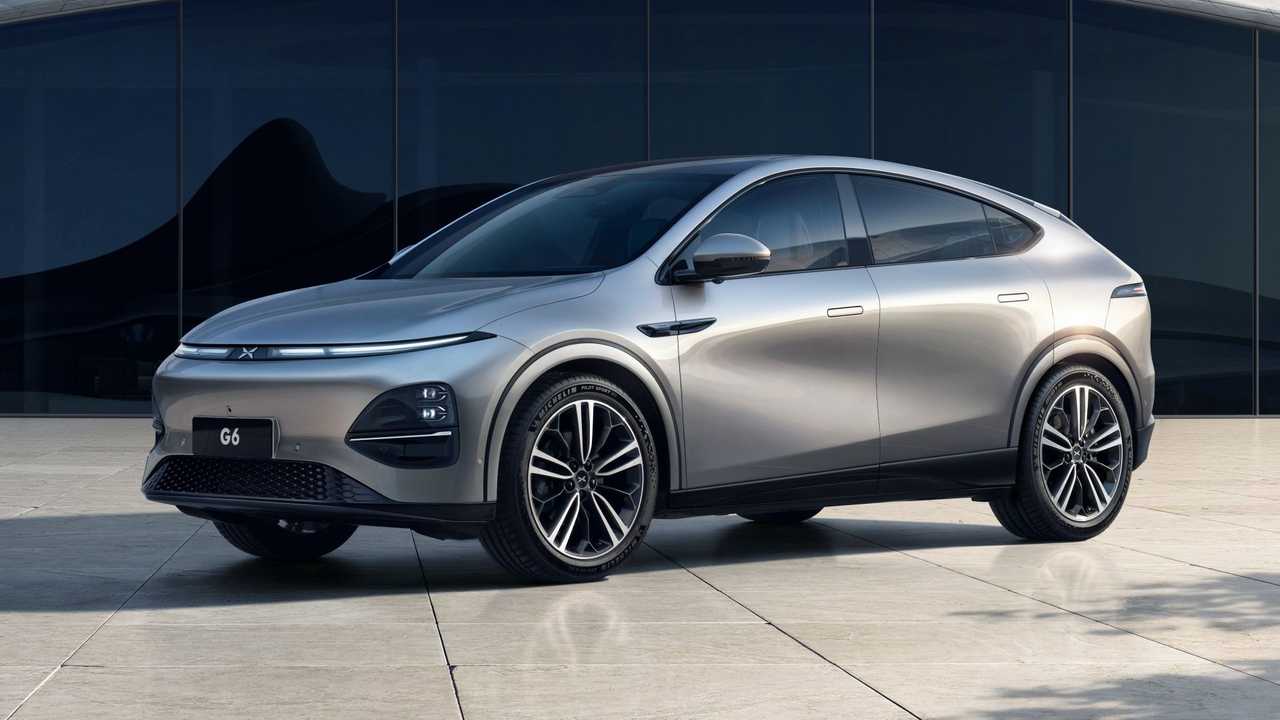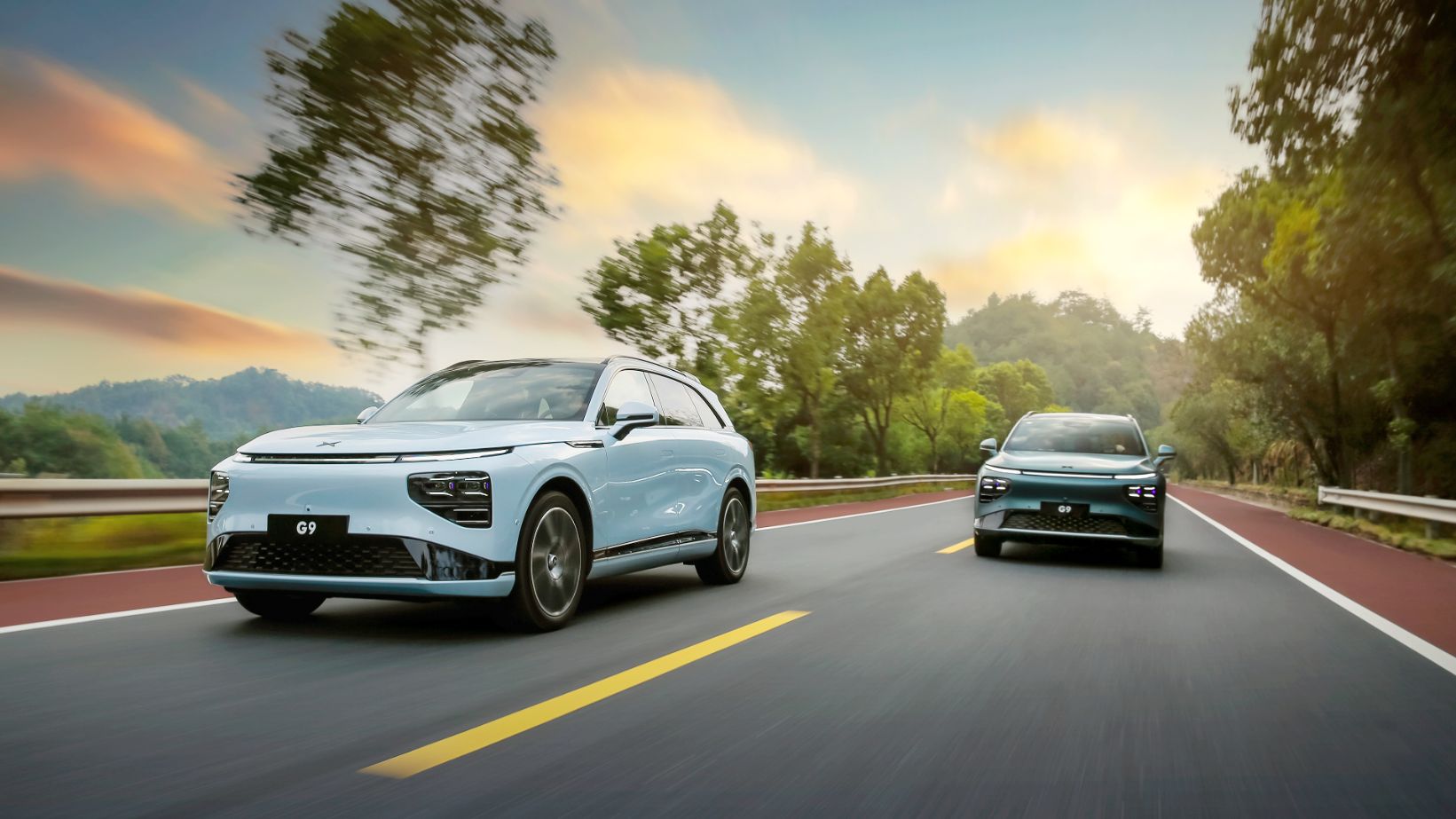Volkswagen, the German automotive brand, has recently finalized a significant technological framework agreement with the Chinese electric car startup, Xpeng. In addition to the collaboration, Volkswagen is making a strategic investment in Xpeng, while the previously rumored deal between Audi and SAIC has also been confirmed by the Group.
The primary goal of the collaboration with Xpeng is to further advance Volkswagen’s local electrification strategy and expedite the pace of development in the booming Chinese e-mobility market. As part of the agreement, both companies will jointly develop two electric mid-range models, set to be launched in 2026, to complement Volkswagen’s existing MEB product portfolio as China-specific vehicles. Furthermore, the partnership includes plans for future joint development of new local platforms for the next generation of smart, fully connected electric vehicles, with specific details still under negotiation.
See also: Volkswagen Faces Market Share Decline in China Amidst Growing Competition from BYD
The collaboration between Volkswagen and Xpeng will be facilitated through the Volkswagen Group China Technology Company (VCTC), an eMobility development center housing more than 2,000 experts working on new intelligent, fully networked electric vehicles.
To emphasize the long-term nature of their partnership, Volkswagen is investing approximately $700 million (equivalent to 632 million euros) in Xpeng, acquiring a 4.99 percent stake in the company. As part of this investment, Volkswagen will also gain an observer seat on Xpeng’s board of directors. However, it’s important to note that this investment is subject to standard closing conditions, including approval by relevant authorities.
Xpeng, known for its rapid development and expanding model range, has already made strides in the electric vehicle market. Models like the P7 and P5 electric sedans, featuring extensive connectivity features, have garnered positive reviews. While Xpeng temporarily halted its European expansion plans in mid-2022, the company announced renewed plans at the beginning of the following year.
Volkswagen also shed light on the deal between Audi and SAIC, confirming their intention to expand cooperation for joint development of intelligent, fully connected electric vehicles in the premium segment. This joint effort aims to introduce electric models in a segment where Audi is yet to establish a presence in China.
While specific details about the scope of the cooperation are not provided, it is clear that both Volkswagen and Audi are committed to expanding their electric vehicle offerings rapidly and efficiently. The companies aim to offer Chinese customers an intuitive, connected digital experience by leveraging their respective core competencies in the development process.
See also: Volkswagen Slashes Prices on ID.3 Electric Car in China Amidst Rising Competition from EV Makers
Ralf Brandstätter, the VW board member responsible for China, emphasized the importance of local partnerships in Volkswagen’s ‘in China for China’ strategy. He highlighted the focus on optimizing development and procurement costs while catering to the specific needs of Chinese customers. Meanwhile, Xpeng’s Chairman and CEO, He Xiaopeng, expressed excitement about the partnership, emphasizing the complementary strengths each company brings to the collaboration.
Stefan Mecha, CEO of the VW brand in the China region, reaffirmed the brand’s commitment to high-performance MEB and SSP architectures. However, in response to the burgeoning electric segment’s growth, Volkswagen is actively exploring further market opportunities and engaging in joint development projects with local partners to expand their product portfolio rapidly.

